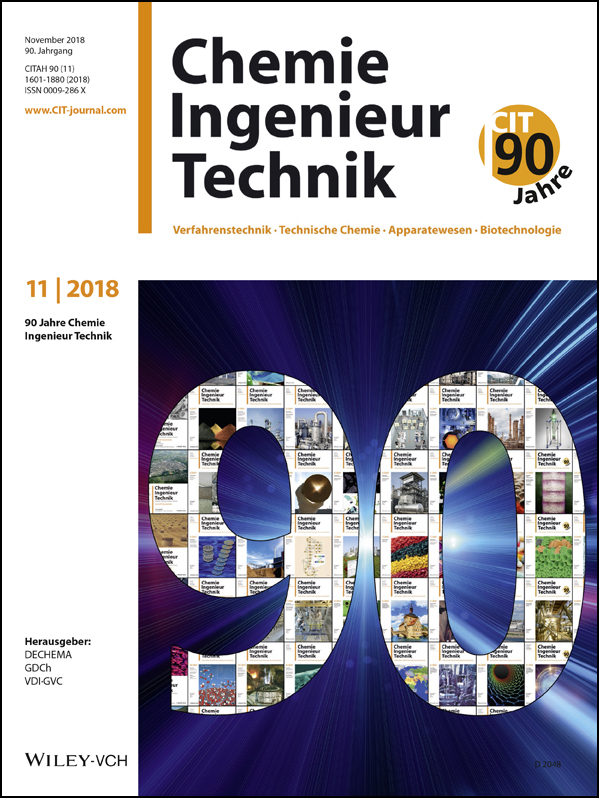Generalizing Countercurrent Processes: Distillation and Beyond
Abstract
The implementation and exploitation of countercurrent movement between different phases is a well-established principle to enhance the performance of separation processes. The improvements are essentially due to the establishment and application of more favorable driving forces compared to co-current operation. The success of dedicated multistage countercurrent distillation processes has been a key motivator for the development of many other principles of countercurrent separation processes. This promoting aspect was strongly supported by the availability of graphical solutions of the underlying mass balance equations, e.g. the McCabe-Thiele diagram. Selected applications of countercurrent separation processes are presented, which demonstrate extensions exploiting spatial and temporal sub-structures and additional phase changes.




